
From the center of Nicoya, the only indigenous territory of Guanacaste, Matambú, is about 5 kilometers away. “There are no huts or indigenous people with loincloths as people believe,” says community leader Ezequiel Aguirre. The COVID-19 also came to this community and paralyzed it.
By August 5th, Matambú reports 11 positive cases of COVID-19 since the pandemic began nationwide. According to the Ministry of Health, all of them have already recovered. However, the impact of the virus on the community’s economy is intact.
Don Ezequiel describes it like this: “Since March, no one comes here anymore”. He refers to the fact that no one has returned to the village or to his ecotourism and cultural project that includes trails, waterfalls and pools in more than 20 hectares of dry tropical forest.
During the pandemic, Ezequiel says he went from receiving 60 to 70 people per month, including students and foreigners, to reporting zero visits. A half-finished ranch and a workshop with clay pots stacked with rags on top attest to the new reality.
He says that luckily, he has some savings that have allowed him to live through the months of no visits. In addition, he has drawn on other skills and ideas to survive, such as doing woodwork, planting pitahayas and setting up new honey-producing hives.
He also hopes to launch the project with which he won a grant from the Ministry of Culture, which consists of making videos and photos of the project to promote the initiative.
The farm of Ezequiel is part of what he calls a “tourist route”. In fact, when entering Matambú, several signs stand out advertising handicrafts and doughnut sales.
His brother, Pedro, is another stop on this route. He and his wife Elizabeth sell typical food.
In fact, the groups that walk the trails on their brother’s farm end up eating in a dining hall, taking classes to make tanelas and empanadas and listening to a marimba accompanied by typical dances.
In 2019, it was a good year for the family of Pedro, they received 20 visits among groups of students and foreign and local tourists. This year, they had about five scheduled between April, May and June from students coming from the United States, but they were cancelled.
His wife, Elizabeth, remembers that having a dining room full of visitors was synonymous with work and unity among all the family members. While she was cooking, her grandson was getting ready to play the marimba and Pedro was preparing the talk on the culture of the territory.
These days, the family’s income barely reaches ¢7,000 a day.
“We had some savings remaining from the income from the tours and in two months it was over. But here we go,” says Pedro as he jokes that he hopes he doesn’t get “the corona”.
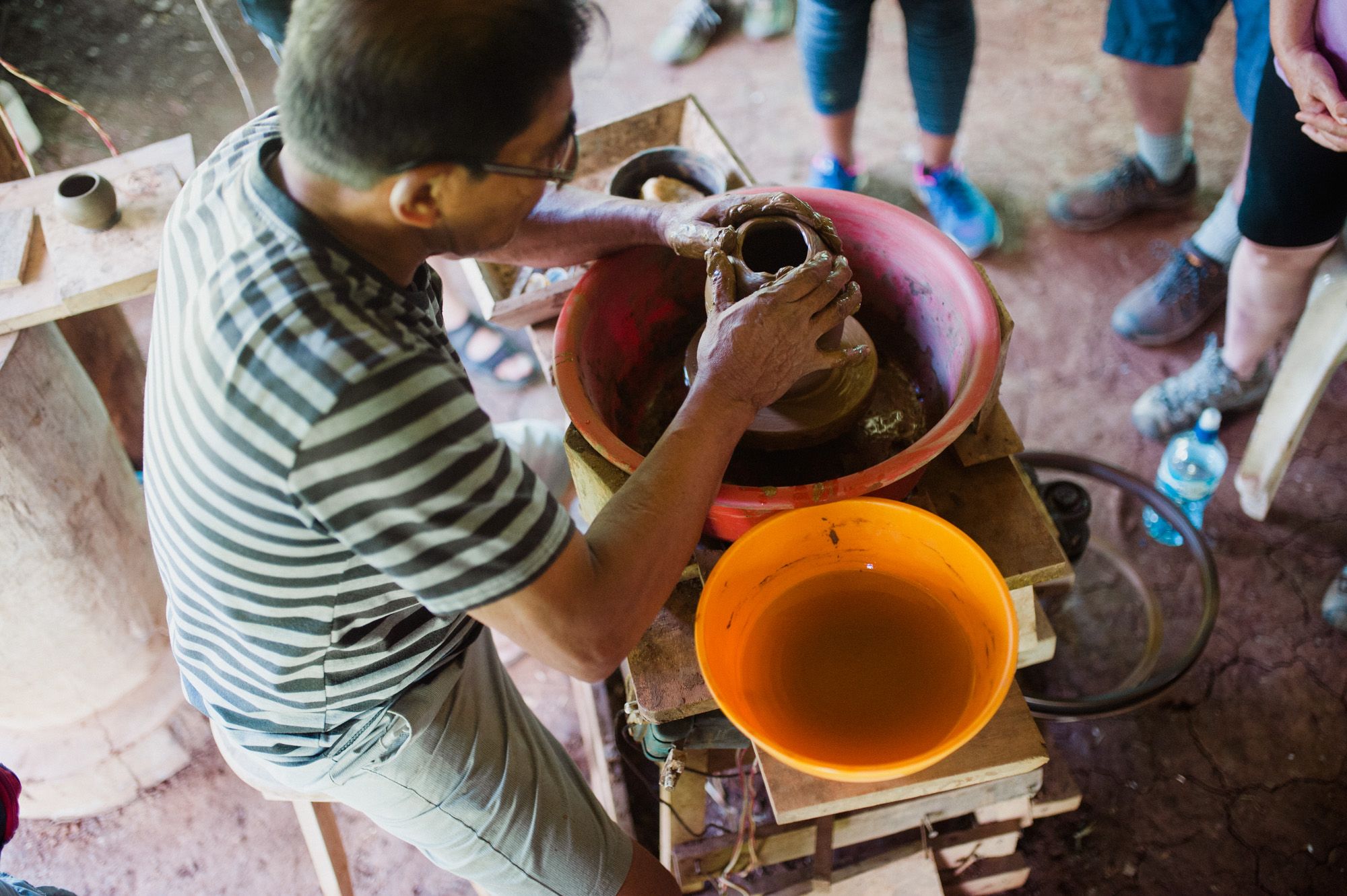
Before the crisis, Ezequiel Aguirre says that his ecotourism and cultural project in Matambú received about two buses with students and/or tourists per month, approximately 60 people. He offered them classes in making clay crafts, a hike to a waterfall, and even the opportunity to share “a piece” in marimba. “However, since March, not a single person has come. Everything fell down, it’s dead,” he says as he assures that he is already thinking about how to diversify his project. According to him, planting pitahaya and his commitment to honey production will help him “to get over this” and have a better future.
We will get out of this one
Just 100 meters from Pedro, and as part of the route, another sign stands out: Artesanías El Chamán.
Right on the edge of the main street of Matambú, Eugenia exhibits in her ranch comales, jícaras and maracas. Everything is handmade by her with the help of another woman from the community.
In a good month, she says, the sale of her clay works meant an income of about ¢100,000 from the sale of about five handicrafts. But now she does not sell anything.
For her husband, she says, the company where he works reduced his working hours by 50% and this further complicated the situation at home.
“In the past, I used to work on the crafts in the morning because the mud was fresh and the afternoons were dedicated to the house. Now with the pandemic, what I do is come and sweep [the ranch] and keep it tidy,” he says.
Despite this panorama, Eugenia is convinced that the situation will soon improve and that Matambú has everything to move forward.
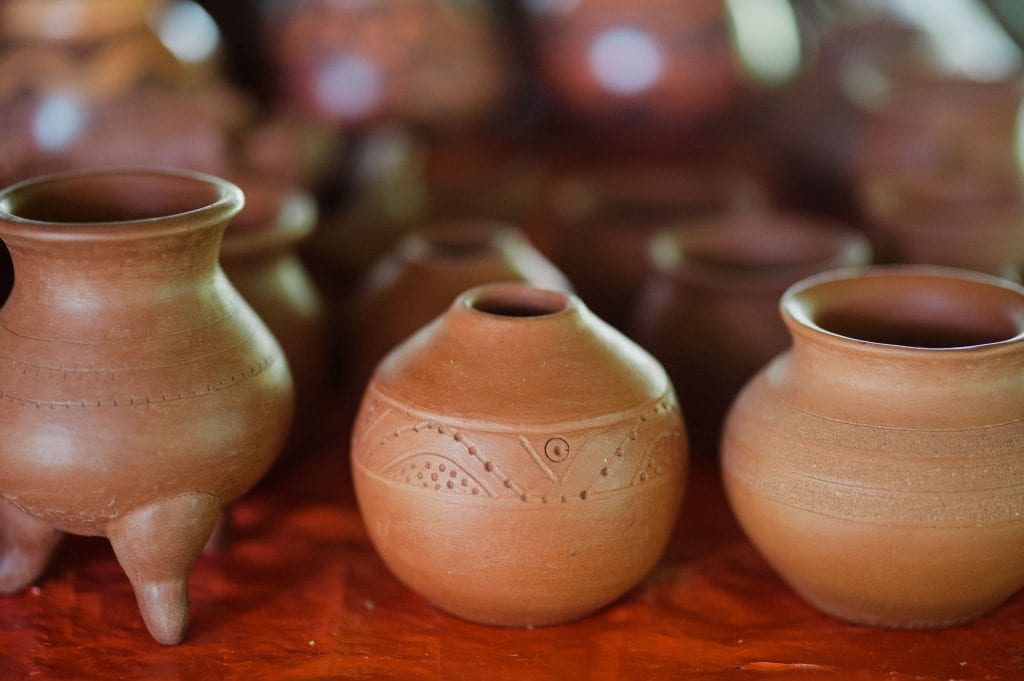
The ranch where Eugenia sells handcrafts is on the edge of Matambú’s main street. She says that since March no one has come by to buy or ask about the comales, jícaras or pottery she works with. Her husband’s workday has been reduced by 50% and her children receive virtual classes from her home. According to her, the fact that the children don’t go to school is a relief because somehow you can save a little money. These are not good times for her, she says, but she is sure that everything will pass soon.. Foto por Eka MoraPhoto: Eka Mora
So is Joanny Pérez, who is about a 10-minute walk from Eugenia’s ranch, preparing corn for doughnuts.
Now Joanny is a doughnut maker since 2012. According to her, she was one of the last women to make doughnuts in the area, but since 2015 she decided to dedicate herself fully to the activity and began to receive groups of students who came to the area and offer them a workshop to learn the art of making doughnuts.
He also started receiving orders from San José and putting the bags of doughnuts on order. But with no visitors and with the delivery services working intermittently, production collapsed, almost to zero. So the solution: go out and sell donuts in the center of Hojancha and start looking for friends to help her place her products.
“And there are still people who, despite the difficulty one is experiencing due to this situation, want to take advantage of it and want you to give them the doughnuts at half the price and you can’t because we are trying to make a quality product,” she adds.
One bag of doughnuts is around ¢1.500, and the little you earn, you use it to pay off a few overdue debts.
“But you know what, I see the future with hope. I have faith in God that this will happen and that everything will change. I have faith in God that this will happen and that everything will change.
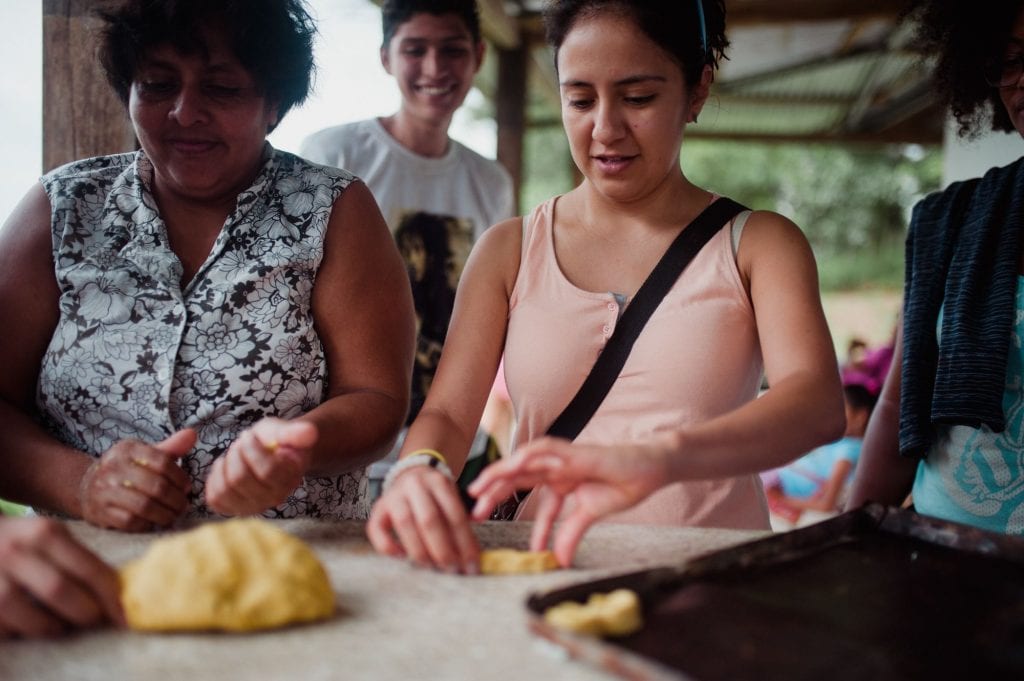
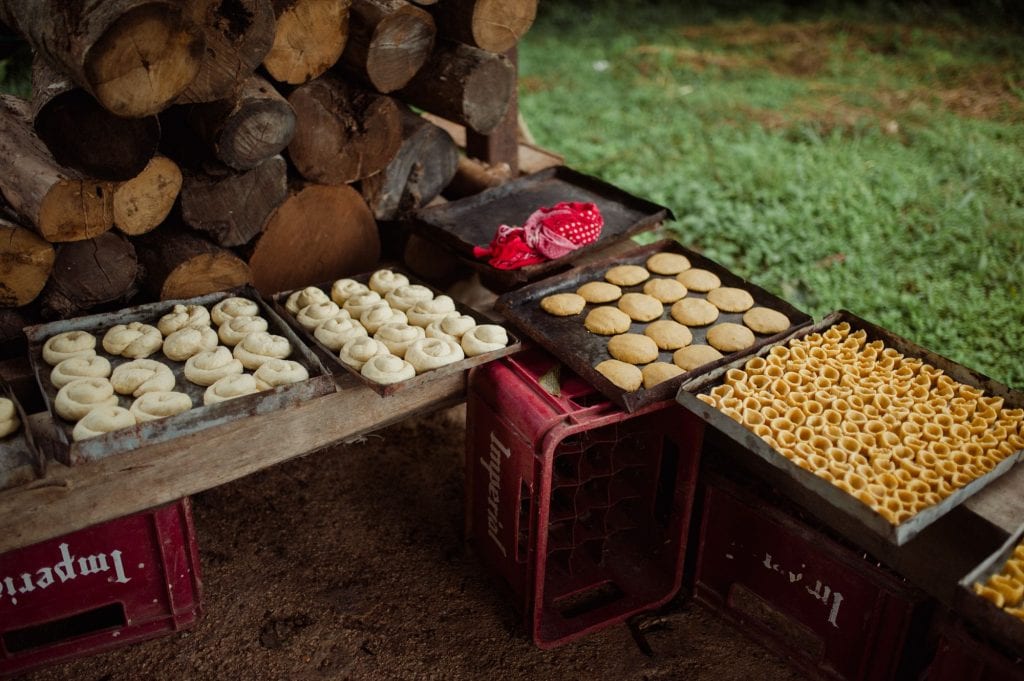
Ready to go
Both Eugenia and Ezequiel assure that their businesses and the rest of Matambú’s activities are ready to receive people again under the protocols established by the Healthcare Department.
Using masks and installing hand washing pools outside their ranches are part of the efforts they have made to revive tourism in the area.
Although Ezequiel does not shy away from saying that if they do get up from this, it is because of themselves, he believes that there is an absence of government authorities in training the people of the area in the application of the new restrictions.
“It is clear to me, but honestly there are very humble people here, people who are economically very poor, that if they gave some training on how to sell their products without putting other people at risk, it would be better,” he said.
He adds that another way to help the reactivation of the town of Matambú is for the Costa Rican Tourism Institute (ICT) to recognize them as a tourist route and allow them to enter “the big leagues” to promote their products.
“If we do not put them to do one thing, we put them to do another. For those who come it is a different experience, it is to feel with hands full of clay and pose for a photo. It’s something nice,” said Ezequiel.
Visit Matambú
If you want to help some of the businesses interviewed for this report, we leave you their telephone numbers and contact information below:
- Ezequiel Aguirre: Proyecto ecoturístico y cultural, 8816-6922
- Eugenia Mendoza: Artesanías El Chamán, 8535-1430
- Joanny Pérez: Rosquillas de Matambú: 8877-9888
*The prices for the tours and the handcrafts start from ¢3.000.The bag of doughnuts costs ¢1.500 and they ship up to the GAM, defined by the delivery service.*



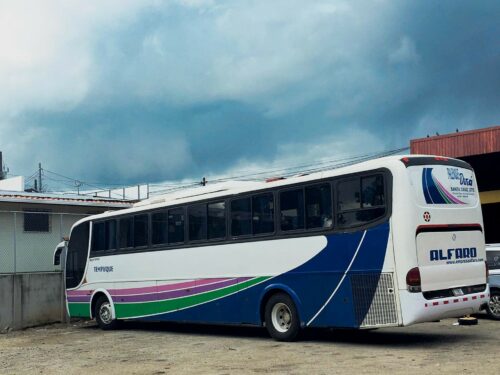
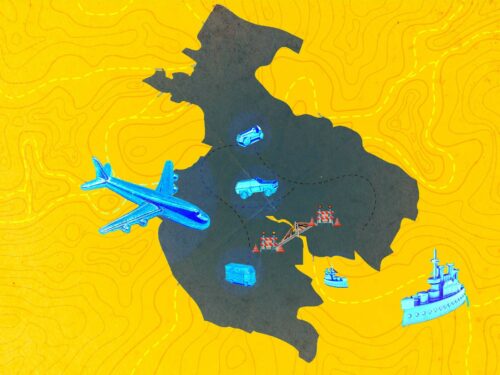


Comments